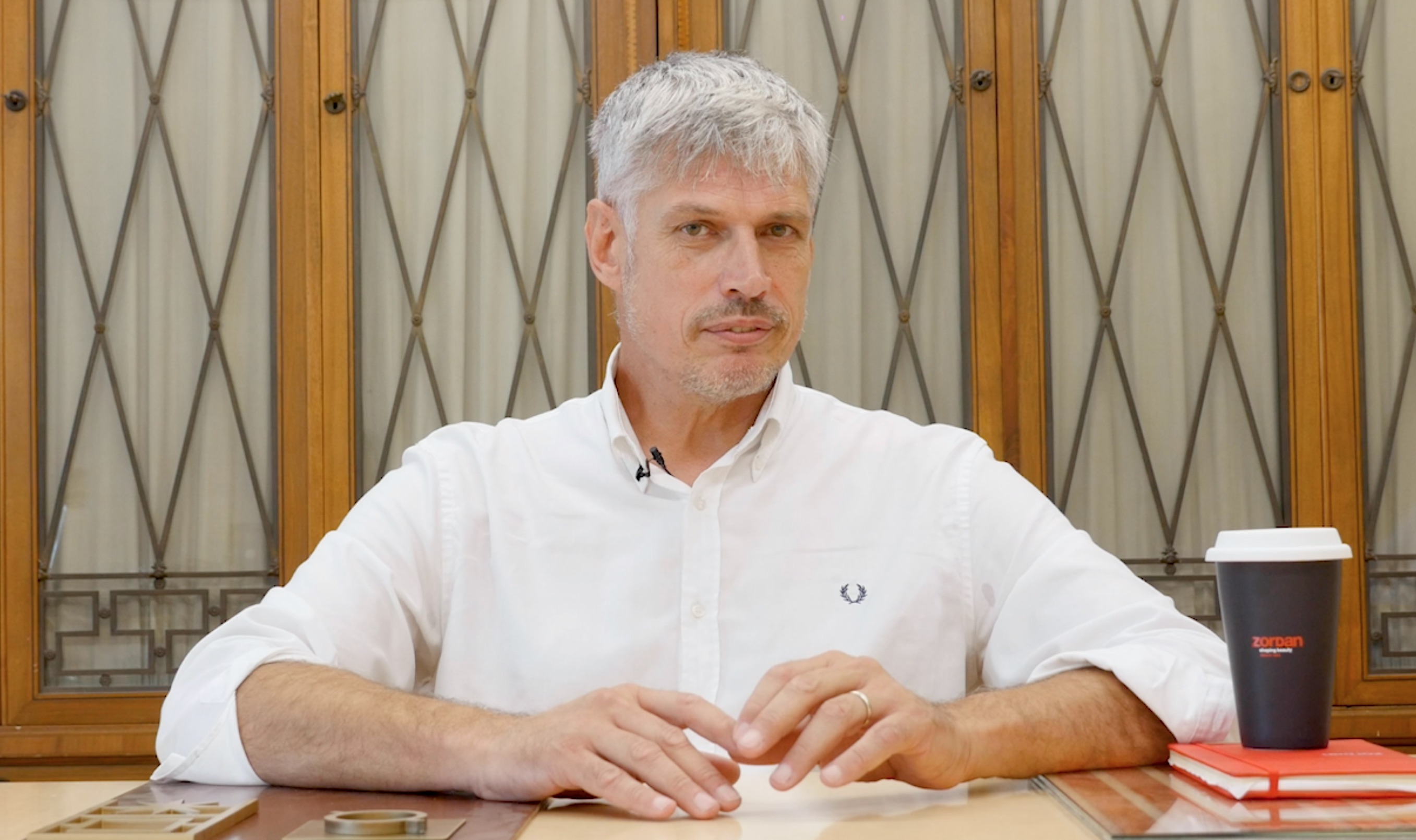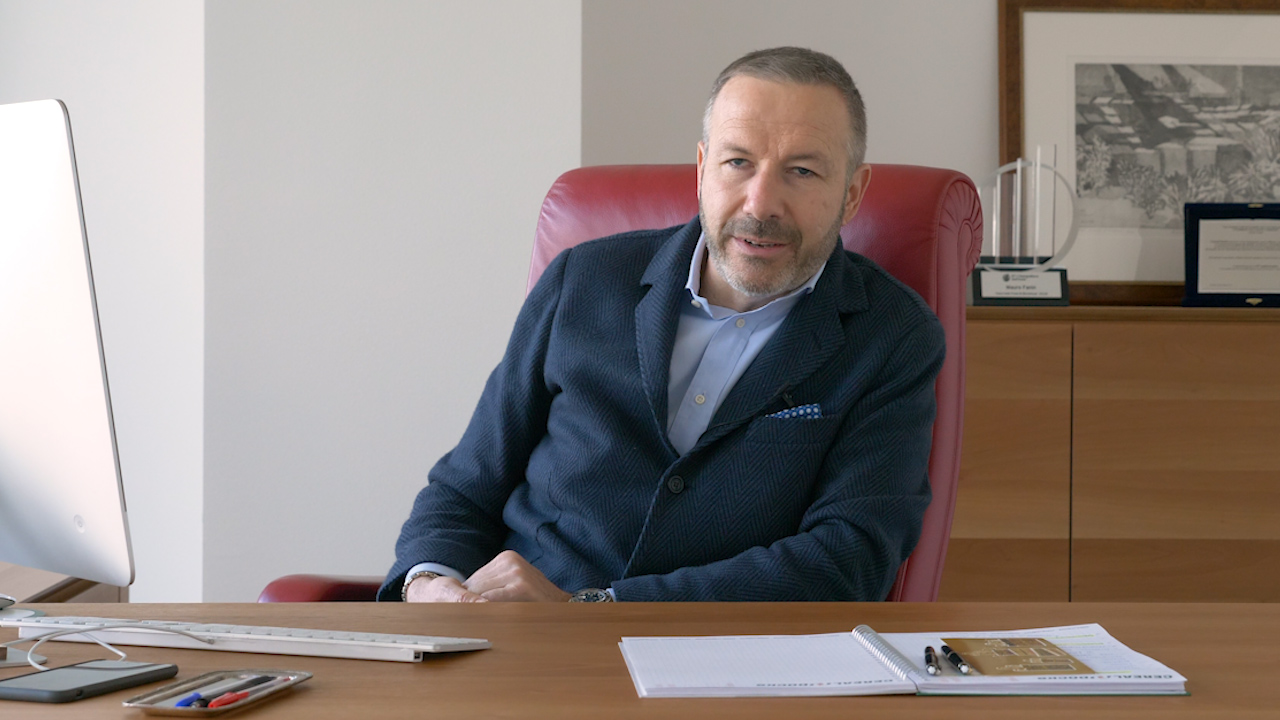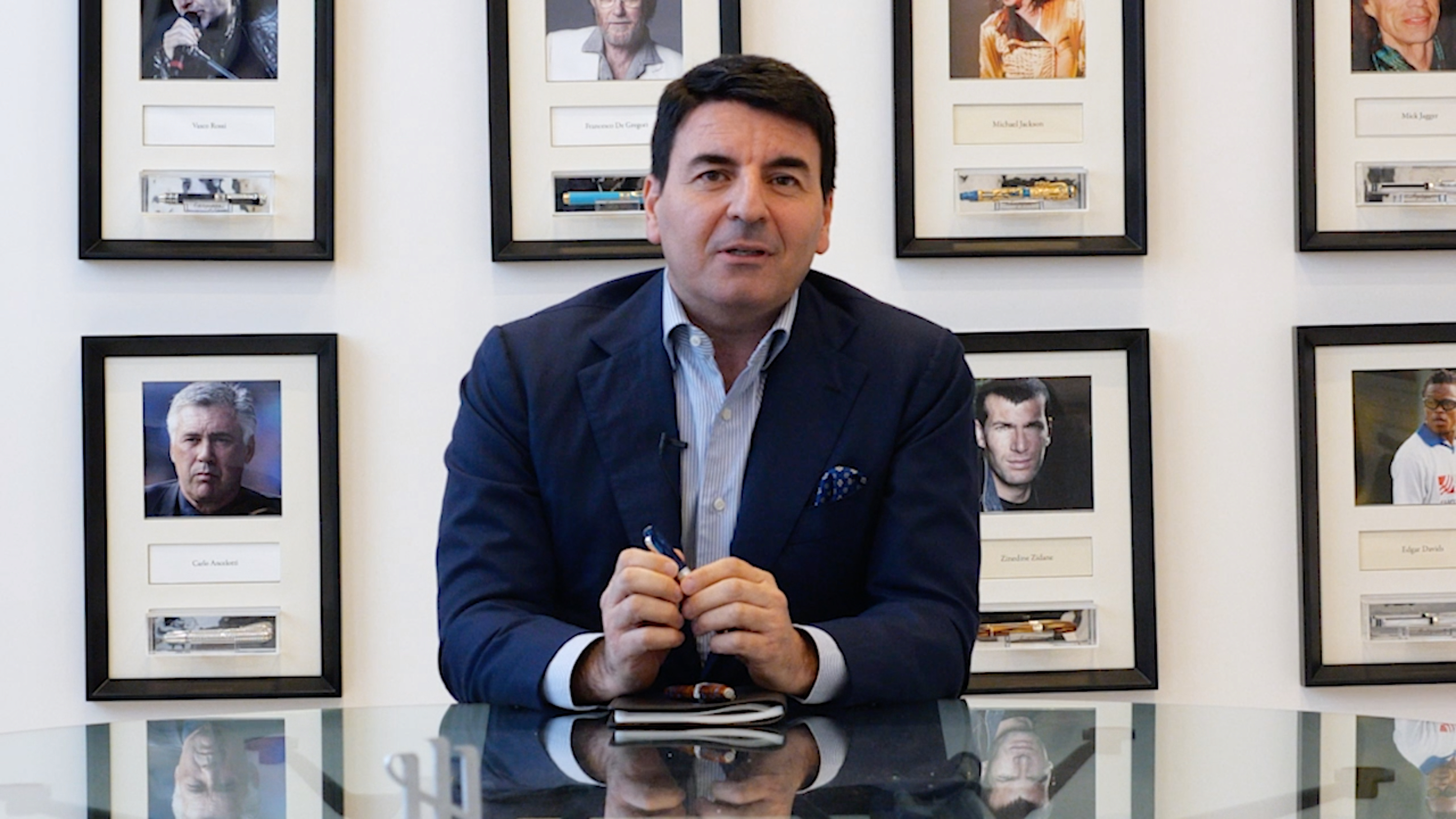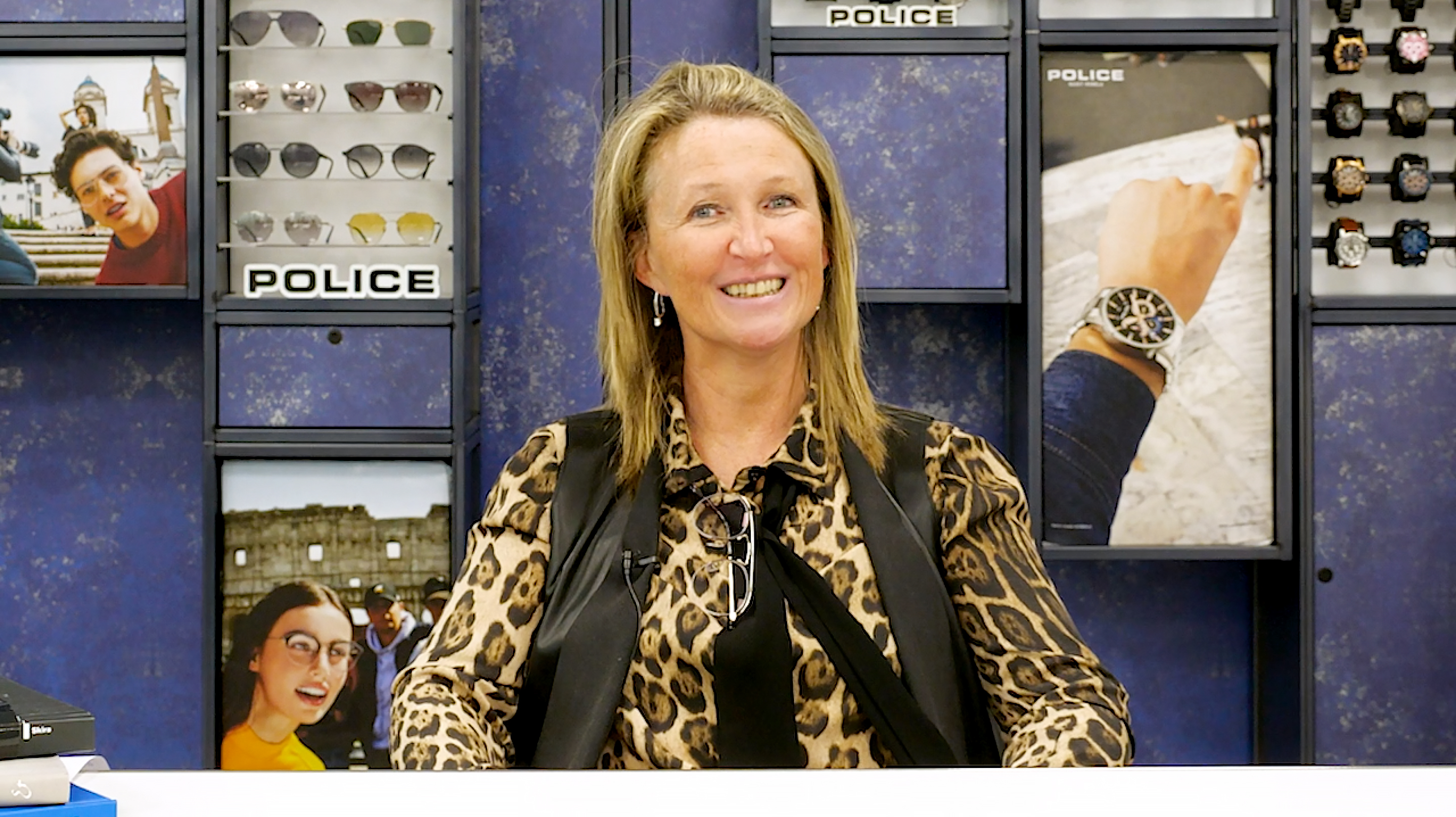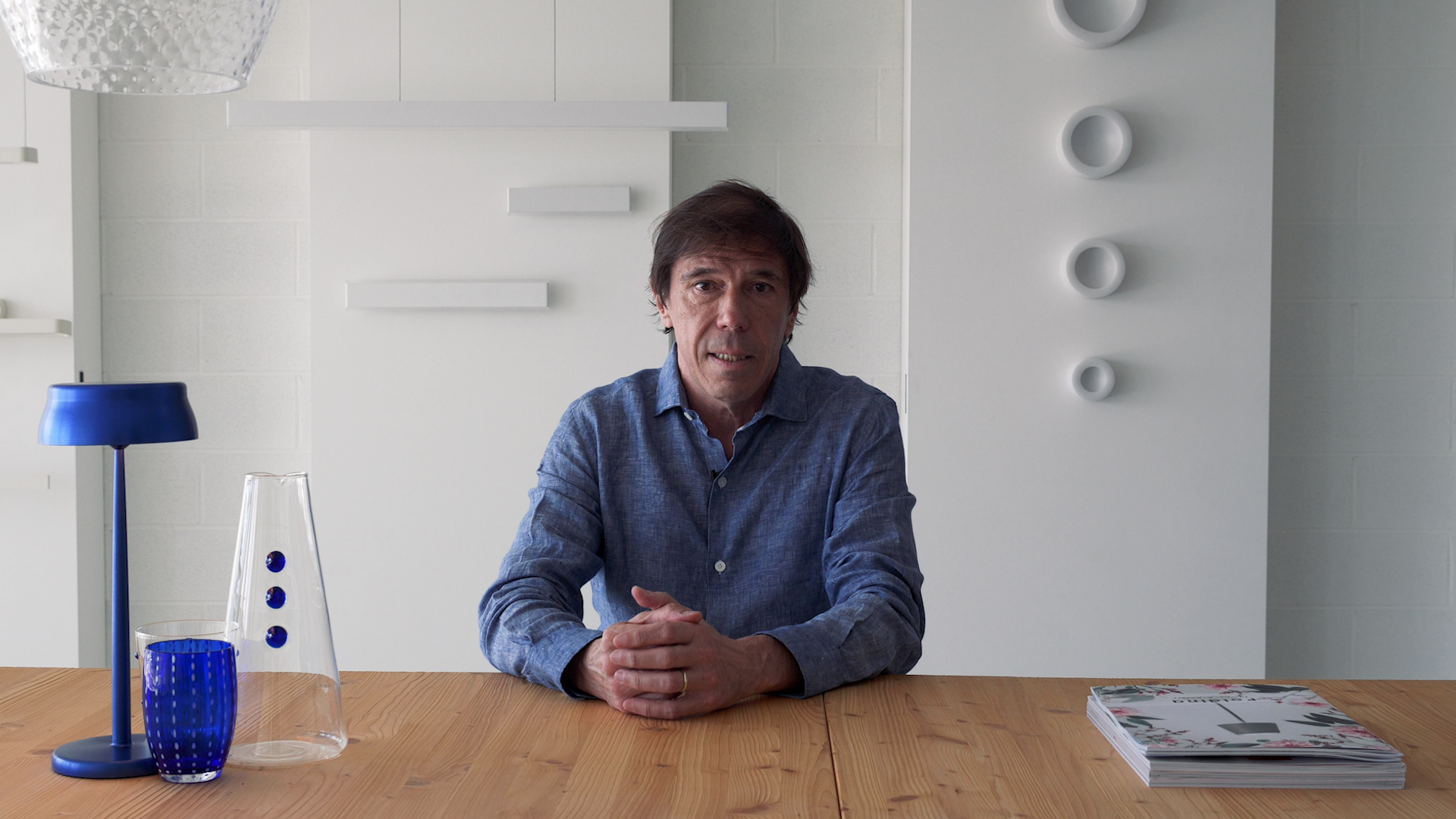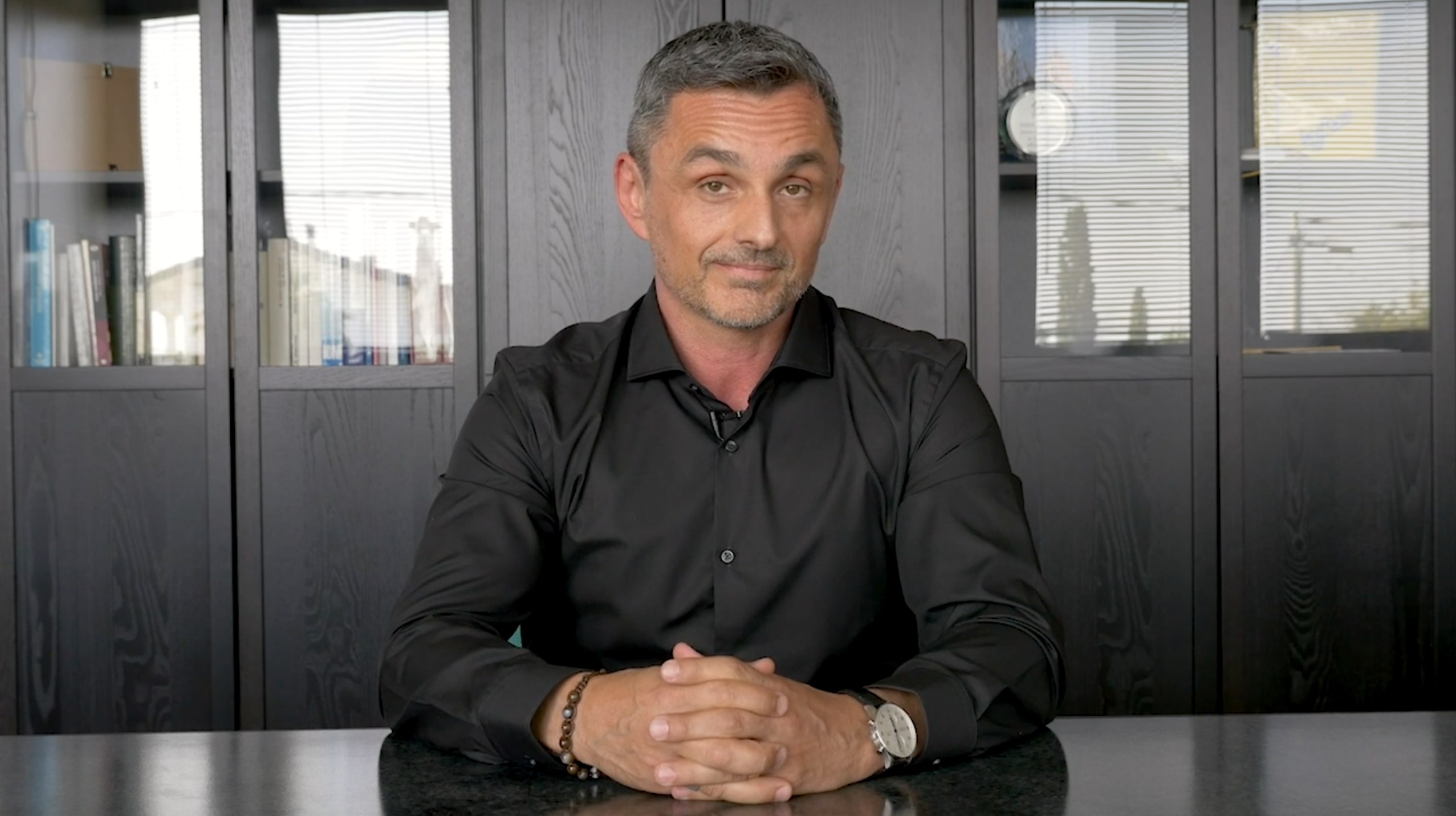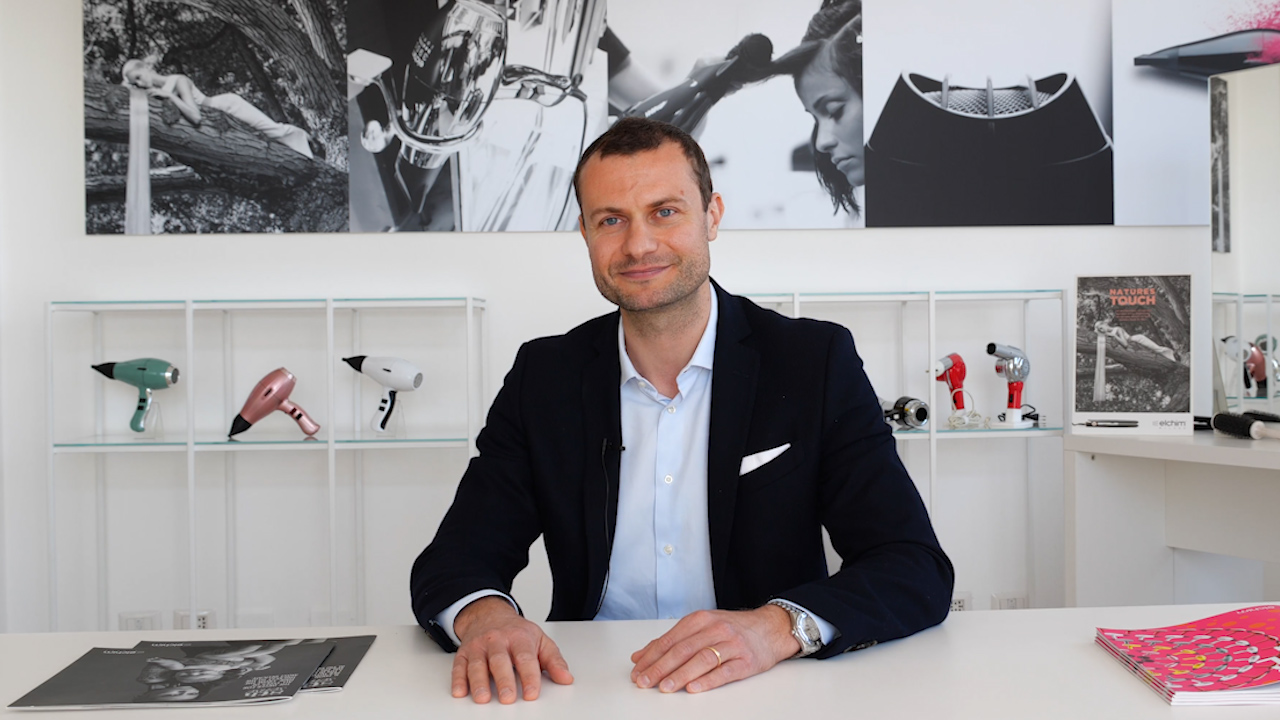The entrepreneurial adventure begins
My name is Maurizio Zordan and I am President and CEO of this group, which has a company here in Valdagno and has recently acquired a company in America. Our group currently works for large groups of luxury, so our customers are Bulgari, Ferragamo, Van Cleef, we recently acquired Fendi, we work for Chopard, for Karl Lagerfeld and our target market is basically the whole western world, including the Middle East and also Oceania. The company numbers are quite solid, about 20 million euros, with 50 people employed here in Italy and 33 people employed in the United States.
Our family is a family where before mine there were four generations of carpenters: our father was the last carpenter of the family and in 1965 together with our grandfather he acquired a company called “Società Anonima Falegnami” which was a cooperative that manufactured artifacts for the Marzotto group and that was based here in Valdagno and that had gone through economic difficulty. Our father acquired this company, especially the machines that were the most important thing to be able to work, he started his activity, first in the nearby house cellar and then he built in ’65, together with the brothers who have joined him, the first establishment.
The company therefore has for, about 30 – 35 years, worked for the Marzotto group as the main customer, therefore a very local market, but has had the opportunity to work for an industrial customer, which is still the guideline that this company pursues while our main customer is no longer the Marzotto. On the contrary, we do not work with the Marzotto or the related brands anymore. Then there were some real estate developments in ’75, the last in ’85. Here, our family was the poorest family in the country, they had a cow in the house and then doing business was the way to redeem themselves from poverty.
The foundations of my father’s house, I remember, that were dug with the shovel and the wheelbarrow and then a typical Veneto story of small business. This allowed our father to grow the company until 1996, when I joined the company after working 5 years at the Marzotto and then there was the beginning of the second business development, linked to the second generation.
The money to start
From the stories of our father, I know that when he acquired the carpentry cooperative in Valdagno, the SAF, the money had been borrowed from his holder, who was a construction contractor and I remained impressed by the theme of debt, which must have impacted heavily our father and his brothers at the time. This debt, which we say even after years, reminded us that they had made debts.
Since then, our company has tried to work without making debts, even when there was a transfer of ownership, we tried to offset real estate assets with company shares, so as not to go into liquidity difficulties and the company was established on agricultural land that belonged to our paternal grandmother. So the company has always tried to work with limited access to debt, working with its own resources. Which is what we did too, in the acquisition in America, where the capital we used there, are basically the reserves that the company has set aside over the years, having a very low profit distribution approach, because we basically live of our salary, as administrators.
A negative and a positive event
The negative events of the previous generation were only a flood that we had in ’73, while the events that I experienced firsthand when I entered the company were a crisis in 2002, where we lost our main customer. In those years, I had become the head of the company and so I found myself, on the one hand, having responsibilities, on the other hand, let’s say, being without a market. We came out in a fortunate way, with the acquisition of a contract that allowed the company to overcome that moment and reorganize the market.
Another crisis was that of 2008 between 2008 and 2010, where in addition to the global market crisis, we had a crisis of governance, because there was, some competition between family members and moreover our father died, that year. I think it was the year, the worst crisis and from which we came out strengthening and simplifying the corporate structure and making a very strong pact with my brothers, which lives on today. From that experience we then set up a trust in 2013, which allowed us to have more peace of mind in the management of the business and to have already identified some trajectories for the next generation step.
The positive event that I want to bring here took place in 2016, therefore is very recent and it is when we managed with our manufacturing company to achieve the certification “B corp” and to transform us into “Benefit Company”. This certification movement, started in America, it’s a new way of seeing the company not as the cause of social and environmental problems, but as a solution to these problems. It is a movement that is growing and that makes us much more motivated in doing what we do.
Doing business in Italy
Doing business in Italy, since the days of Einaudi, let’s say, when in the 50s-60s he said his famous quote in which he stated that: “There are millions of individuals trying to improve what they do and even if someone seeks to hinder them at all costs, they will continue to improve their businesses “.
Therefore, in a context that is not favorable to companies, Italy still has elements, mainly intangible ones, that allow companies to do business differently from other countries. Lately the entrepreneurial examples of the past are coming back in the debate, so Olivetti, for us here in Valdagno and Schio, Marzotto, Lanerossi, but also come to be an example for the entrepreneur or for a new way of doing business, which Italy had already known in the Renaissance, entrepreneurs like Brunello Cucinelli or even somehow Leonardo del Vecchio, with advanced trade union relations.
So, you have to look at this country’s ability to produce and do creative things, of which even our company is part. In short, with craft work can develop things that honestly, with our American colleagues we still struggle to do, because here “the manual intelligence” is one of the hardly exportable characteristics of this country and that allows companies that see the cultural side, the side of beauty, the side of creativity as a medium of diversification, which other countries struggle to copy because they lack the cultural base and the history we have.
The key traits of an entrepreneur
An entrepreneur must be resilient, he must take into account that it will be a difficult job, it will be a job where, at certain times, he will have to choose between the company and the family, between business and leisure, between business and relationships, in some moments, not always, he will have to do it. So, resilience is an important feature, resilience, but not too much, because too much resilience in our territory has also led to serious consequences for entrepreneurs. Unfortunately, we have had recent examples and therefore the right dose of resilience.
We must be motivators, we must motivate people and therefore work more on the aspect, let’s say about the involvement of people to achieve company objectives. The entrepreneur alone in command is no longer a thing of these times. He must also have tools to deal with risks in a conscious manner and thus avoid situations of risk. It has to be innovator, it has to innovate because if he does not innovate, the company does not manage to present itself on the market in a convincing way and lastly, he does not have to be completely normal, an entrepreneur, as a last characteristic.
The future for the new generations
If we consider the company as an entity that generates value, the message for young people is, if you want, let’s say freedom, because in the end entrepreneurs are often free spirits, they are people who want independence, they want to have autonomy both for themselves and for their families, and for the families of their collaborators, even economic autonomy.
The company is the most convincing way to get involved, to compete with the world and to gain its freedom and autonomy. I would say that this should be the most important motivation, which was also the motivation that led the generation before ours to create a very rich and varied business environment. Regarding this concept of freedom, we need to understand what is meant by freedom.
When I decided to leave the Marzotto and then leave a managerial job, to work in the family business, I remember that I had an argument with a cousin older than me, who said to me: “But it is true that you, let’s say, you free yourself of the command of your employer, but you become a slave of the client.” I still remember this sentence here, it was about 25 years ago, this discussion. But what happened, that the company where my cousin worked, brought the books to court, about 10 years ago and we managed with our company to hire him and accompany him to retirement. This means freedom for me. If I had listened to my cousin 22 years ago, I would not have been able to gain freedom, which I believe I have now, and he would not have been so free, as he is now, of living his pension peacefully.

